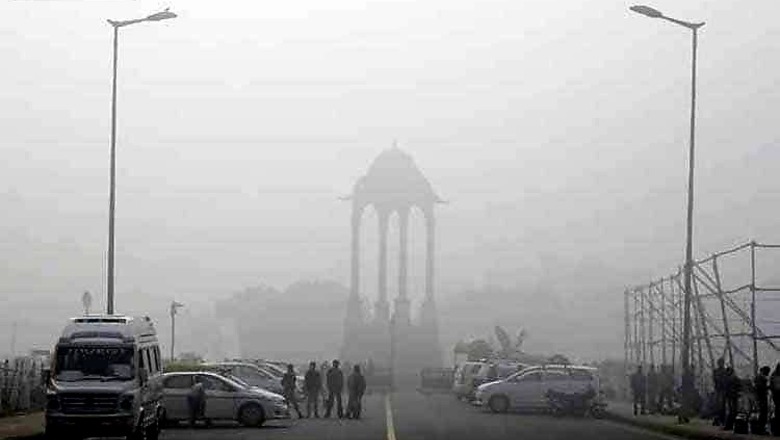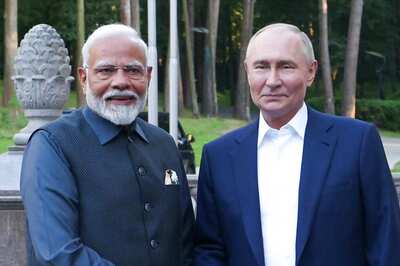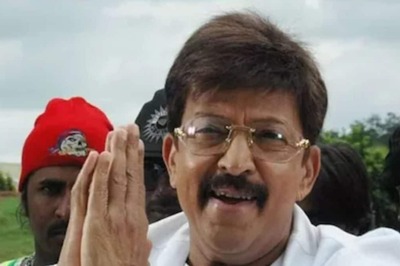
views
New Delhi: Delhi, considered as one of the most developed cities of India, set an example for others when it introduced CNG buses and metro connectivity.
A new era of public transportation had arrived. The improved mode was not only easy on the air quality of Delhi but incredibly convenient for all classes of commuters.
In recent days however, Delhi has gone horribly wrong by setting an example of becoming one of the most polluted cities in the world, where the level of air quality seldom comes below the hazardous levels.
The problem of air pollution has already been identified to have three causes - vehicular pollution, pollution from waste burning and pollution in the form of dust through construction and demolition activities.
The rules for all the aforesaid are already in place, the Honourable National Green Tribunal (NGT) has already passed stringent orders giving detailed guidelines for all three, yet we are breathing air quality way below the level of benchmark. What is still missing?
Well, as I see it the problem seems to be only two fold; lack of personal initiative by the citizens and the gap between the rules and implementation. As a citizen of Delhi, I believe less complaining and more action is required at the moment. As citizens we need to take initiatives and sacrifice our comforts for our better future and the future of our coming generations.
I should be willing to take public transportation even if it means it would take 20 minutes longer, I need to understand that buying a diesel car may mean I would save Rs 3 per km but it also means that people, children and the elderly would be adversely affected by my decision. I need to realise that if I get a false Pollution Check certificate, it might get me off a Rs 100 challan but would seriously affect the health of the society, including my health and the health of my family members.
If we keep thinking about what to do for another 3 years, we will be looking at a lot of inflated hospital bills thanks to the choices we make now.
The time for planning is gone and the time to act is now, with hospitals in city marking a steep rise in number of patients being admitted for respiratory diseases. Heart problems are also closely related to poor air-quality. PM 2.5 (fine particulate matter) is the deadliest form of dust particle and is known to go deep into the lungs. Due its small size it can also go directly into the bloodstream, which is not just serious but hazardous especially for people who cannot afford to live in air conditioned homes and offices.
The government on the other hand seems to be least bothered, although the orders and the rules have attained finality the implementation seems will take a decade more to attain. Whereas, other countries are taking drastic steps including banning of diesel cars, moving towards cleaner fuels and Euro VI standards, our country has only been able to selectively implement BS IV the other countries are moving towards Euro VI standards.
The blatant violation of the existing rules by motor vehicles, builders and even by the cleaners and sweepers of the government are also known to us and are highlighted by the media almost every second day, yet complaining and no actions are visible.
The fact remains that while some of the citizens have an option of relocating to better cities and a healthier atmosphere the rest of us who stay here with families and friends need to take initiative and pledge to help Delhi and its people breathe a cleaner and healthier air.
If we all pitch in, a better and cleaner air is not far away.
(Vardhman Kaushik is an advocate and partner at Triumph Legal in New Delhi. The views expressed above are his personal opinion and does not reflect the stand of IBNLive)


















Comments
0 comment